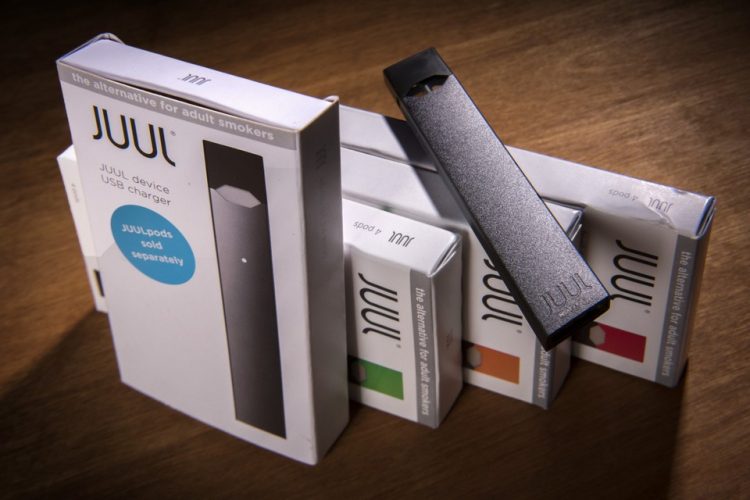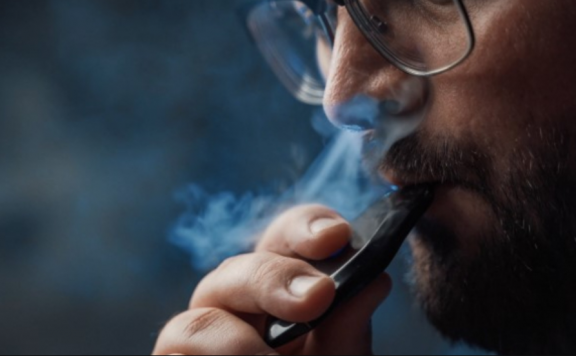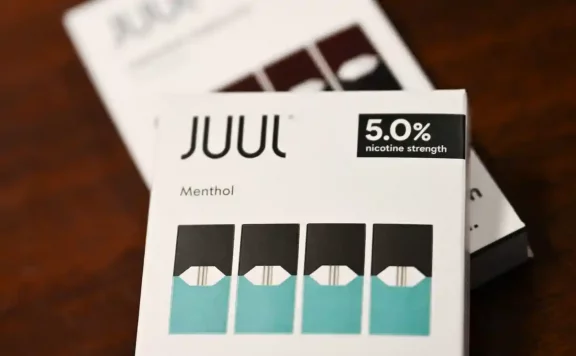Juul Vape Ban
In 2018, Juul was the leading e-cigarette maker in the world with wildly popular products. Not wanting to let an opportunity to join the growing e-cigarette market pass by, the Richmond (Virginia) based cigarette marker Altria reached a deal to buy 35% of Juul at 12.8%. Altria was sure at the time that vaping was the future of tobacco use in the world and Juul was leading the world to this great future.
However, that was not to be. Recent reports about vaping being as dangerous as smoking has dampened the excitement about the market. This has shaken the whole vaping market. However, Juul’s recent problems with the FDA regarding the safety of its products have sent the valuation of the once most valuable vaping company in the world tumbling down and with-it Altria’s investment.
Now Altria values its investment in Juul at $450 million. This is less than 5% of the valuation of the company in 2018. Early in the year, when the FDA began considering reviewing Juuls products Altria cuts its valuation of the company to $1.6 billion. However, in its second-quarter earnings report the company hived another $1.2 billion from this valuation to let its new valuation of this investment standard at $450 million.
Despite this grim picture, Altria is not done with Juul. The company says that it will still stand by its original agreement and will not be introducing any new vaping products of its own or investing in other vaping companies.
“At this point in the process we’ve chosen not to make any different decisions,” “We think the right decision currently is to stay under the non-compete,” said Billy Gifford, the current CEO of Altria.
This fast shrinking of Juul’s valuation stems from the FDA’s decision last month to ban Juul e-cigarettes because of the failure of Juul to provide crucial information on the contents of its nicotine formula. This came as a surprise to many given that the FDA has already authorized many similar products.
While Juul received a reproof from the federal court to continue selling its product, FDA reopened its review of the company’s application and froze its own ban. This means that the future of Juul’s products still hangs in the balance in the foreseeable future.
The FDA decisions can be traced to many recent studies that have begun to show e-cigarettes to be harmful to users and pressure from advocacy groups that see these products as just as bad as traditional tobacco products. The FDA, therefore, is working to eliminate products that do not help smokers quit from the market. With many different sweat flavors and colorful packaging, Juul products are attractive to non-smokers.
Other than the valuation, Juul’s current problems also reduced Altria’s earnings by close to 60% to 49 cents per share. This resulted in quarterly revenue reducing by 6% to about $6.5 billion. Altria is America’s largest cigarette maker and with the number of smokers reducing the company was batting big on Juul and the e-cigarette market for its future.






